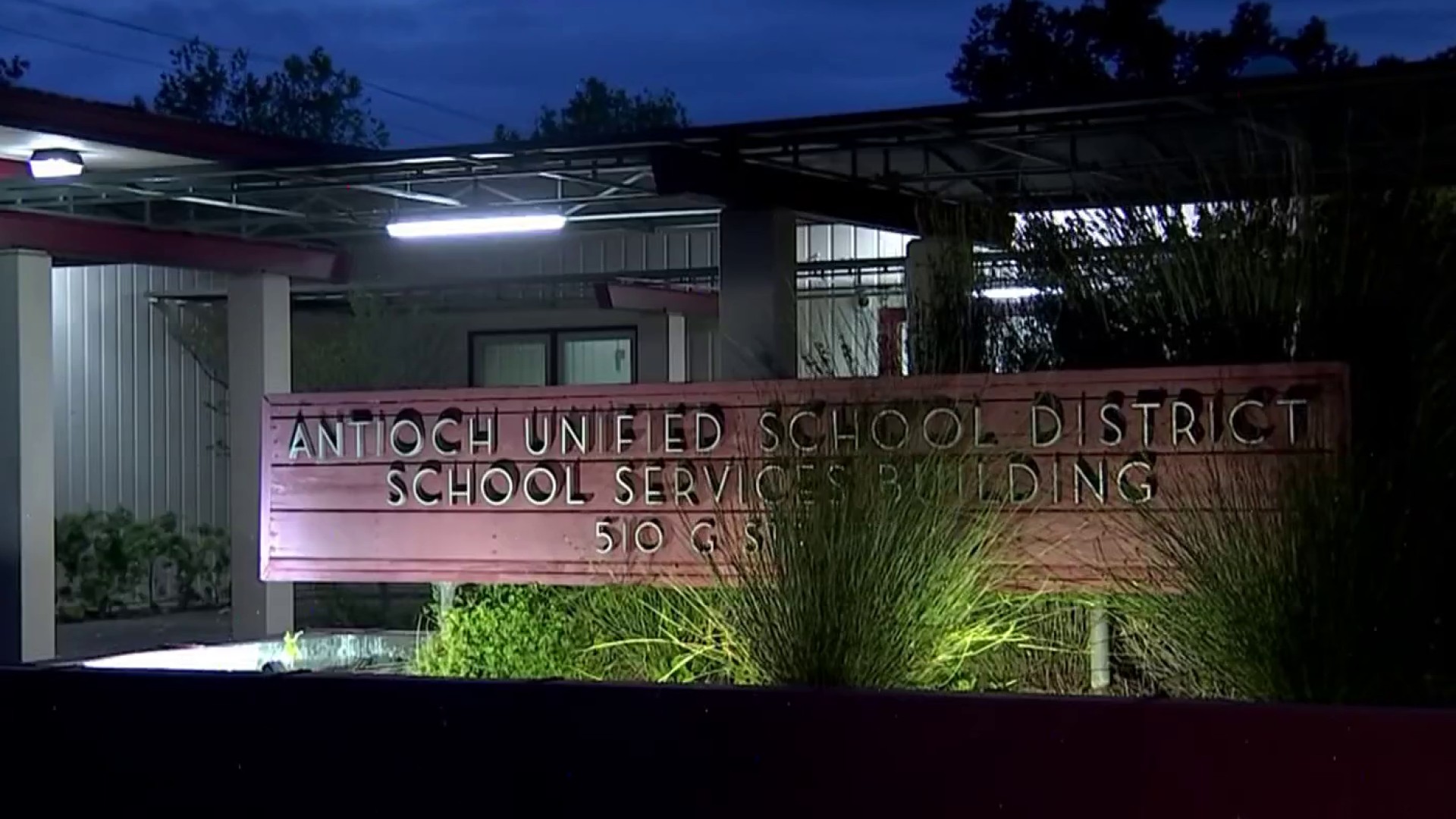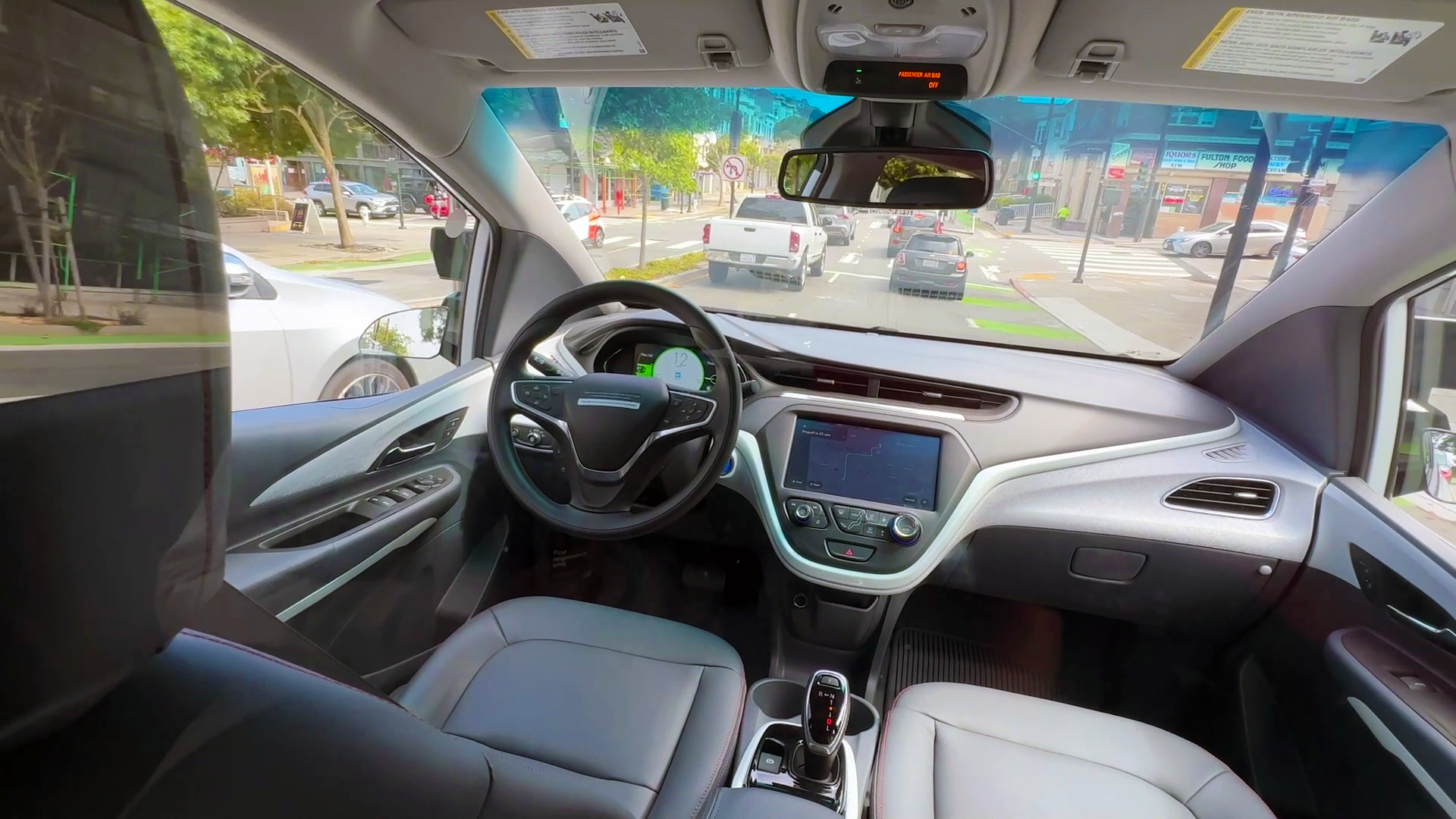A motorist who uses a hand-held cellphone while stopped at a red light can be prosecuted for using a wireless phone while driving, according to a decision by a state appeals court in San Francisco.
A three-judge Court of Appeal panel said a California law that prohibits the use of hand-held wireless phones while driving applies to situations in which a motorist has stopped briefly at a red light.
The panel unanimously ruled that the definition of "driving" in the 2007 law includes being at the wheel during "fleeting pauses" in traffic on public streets.
Excluding such stops from the definition of driving would be contrary to the Legislature's intent and "would likely result in significant and numerous public safety hazards on public roadways throughout the state," the court said.
The panel upheld a $103 fine imposed on Carl Nelson in Contra Costa County Superior Court for using his hand-held cellphone when stopped at a red light in Richmond on the morning of Dec. 28, 2009.
A police officer testified he saw Nelson dialing his phone and holding it to his ear while stopped, and said Nelson closed the phone when he saw the officer and then drove on when the light turned green.
Nelson argued in his appeal that a stop should not be legally defined as driving and that it is safe to use a cellphone when a car is stationary.
Local
But the appeals court said the Legislature "was generally concerned about the use of hand-held wireless telephones in motor vehicles on our public roadways and not just about such use when vehicles are in motion."
Justice James Lambden wrote that hazards resulting from drivers' distraction when handling phones during stops could include the drivers accidentally letting up on brakes, responding poorly to events such as being hit by another car, failing to move promptly when a light turns green or being tempted to continue a call while moving.
"Were we to adopt defendant's interpretation (of the law), we would open the door to millions of people across our state repeatedly picking up their phones and devices to place calls and check voicemail (or text-based messages) whenever they are paused momentarily in traffic, their car in gear and held still only by their foot on the brake," Lambden wrote.
The law allows the use of hands-free telephones while driving and also makes exceptions for calls during emergencies.
Nelson additionally argued that it would be against the public interest to ban cellphone calls when a driver is caught behind a major accident that will take hours to clear, or wants to call a child inside a school during a rainstorm to come out to a passenger loading zone.
But the court said it was addressing only Nelson's specific circumstance of a brief stop and was not ruling on hypothetical examples. It also noted that the law permits emergency calls and does not prevent a driver from pulling over to the side of the road and parking in order to make a cellphone call.
Darren Kessler, a lawyer for Nelson, said he expects his client to ask the California Supreme Court to review the case.
"I think this is something that affects all of us and needs clarity," Kessler said.
Kessler said that Nelson, who is also a lawyer, has paid the fine but pursued the appeal in an attempt to clarify the law.
"If a person is stuck in a traffic jam and is late to pick up a child at school, is that person now allowed to make a call?" he asked.
"The court had good intentions but there is now an unclear definition of what driving means," Kessler said.
Supervising Deputy California Attorney General Eric Share, whose office opposed Nelson's appeal, said, "We are pleased with the court's opinion."
"Its resolution of the issue is consistent with the language of the statute, the intent of the Legislature and common sense," Share said.



